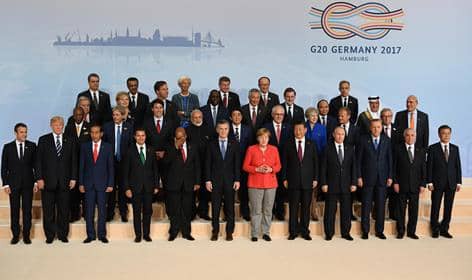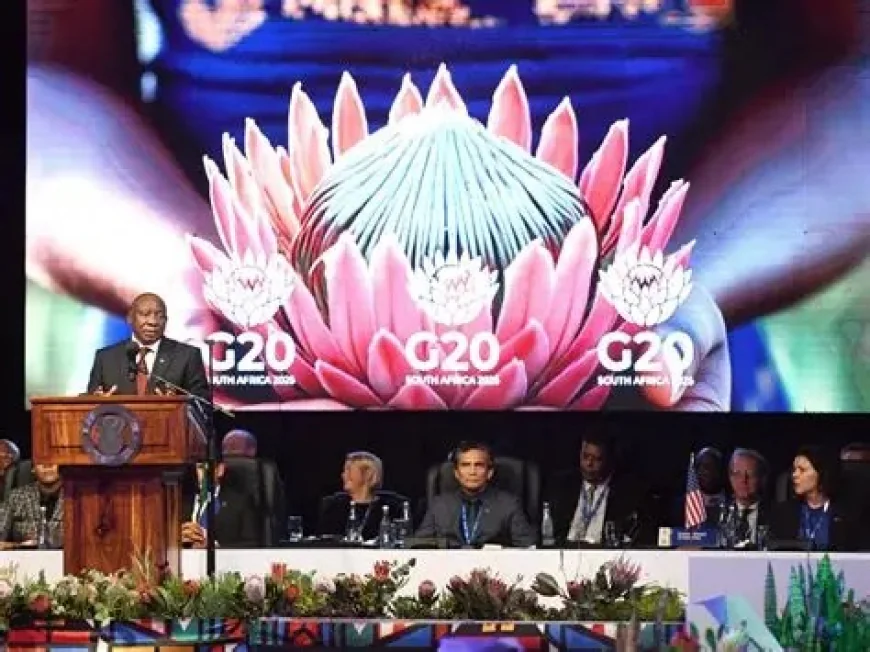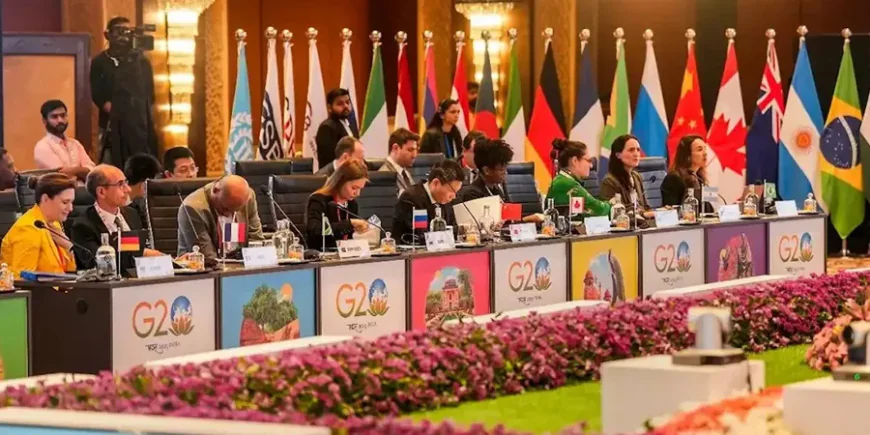Africa Set to Host G20 Summit for the First Time This November
For the first time in history, an African country—South Africa—is hosting the G20 Summit, putting the continent at the center of the world’s most powerful economic forum. Scheduled for November 22–23, 2025, in Johannesburg, this milestone carries deep geopolitical significance.
For the first time in history, an African country—South Africa—is hosting the G20 Summit, putting the continent at the center of the world’s most powerful economic forum. Scheduled for November 22–23, 2025, in Johannesburg, this milestone carries deep geopolitical significance.
South Africa’s presidency of the G20 comes with a bold agenda: under the theme “Solidarity, Equality, Sustainability,” the country is pushing to reshape global governance in favor of the Global South.
President Cyril Ramaphosa has called for reforms to international institutions, debt relief for low-income countries, and fairer trade systems—an effort to realign the G20’s priorities with the socio-economic realities many African nations face.
In a landmark move, South Africa has launched an expert task force, chaired by Nobel Prize–winning economist Joseph Stiglitz, to deliver a report on global wealth inequality. It’s the first time the G20 is tackling inequality as a systemic crisis rather than a side issue. The task force aims to recommend policy steps such as progressive taxation, debt restructuring, and fairer energy transition funding.
Under its G20 leadership, South Africa is spotlighting climate finance, sustainable development, and Africa’s mineral wealth. There’s a strong push for the G20 to reform the global financial architecture in ways that support vulnerable nations.
Parallel tracks like the Social Summit (Nov 18–20) will foreground civil society voices on global justice and development—ensuring the G20 isn’t just about governments, but about people.
 Why It Matters for Africa’s Future
Why It Matters for Africa’s Future
Global Voice: Hosting the G20 gives Africa (via South Africa) a real opportunity to shape the global economic order.
Economic Gains: The summit could boost investment in African infrastructure, green energy, and industries.
Soft Power: This is a symbolic win, but also a practical one: Africa can now argue global rules should work for its realities.
Geopolitical Leverage: African states can leverage the summit to push for reforms in institutions like the UN, IMF, and World Bank.




